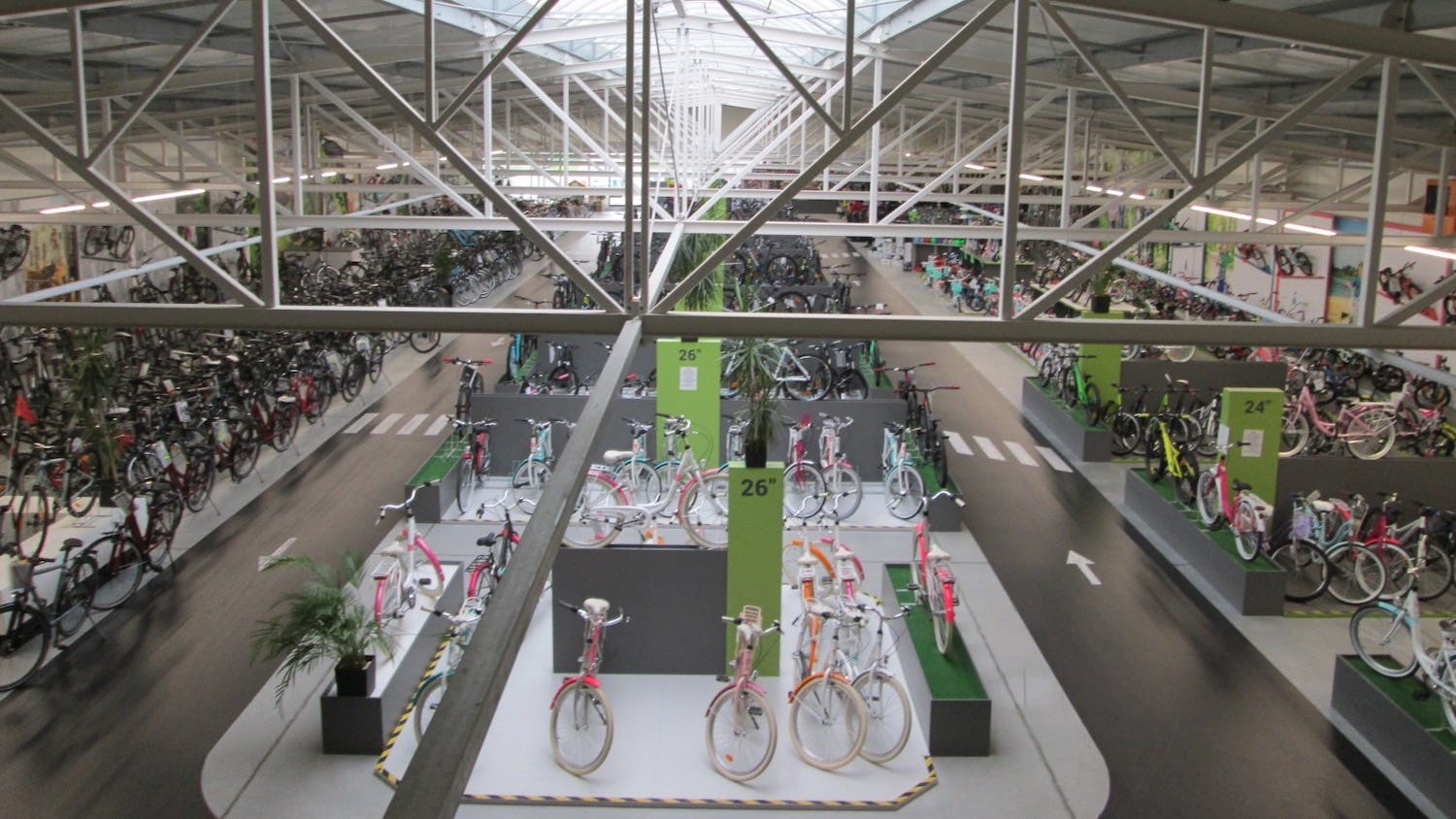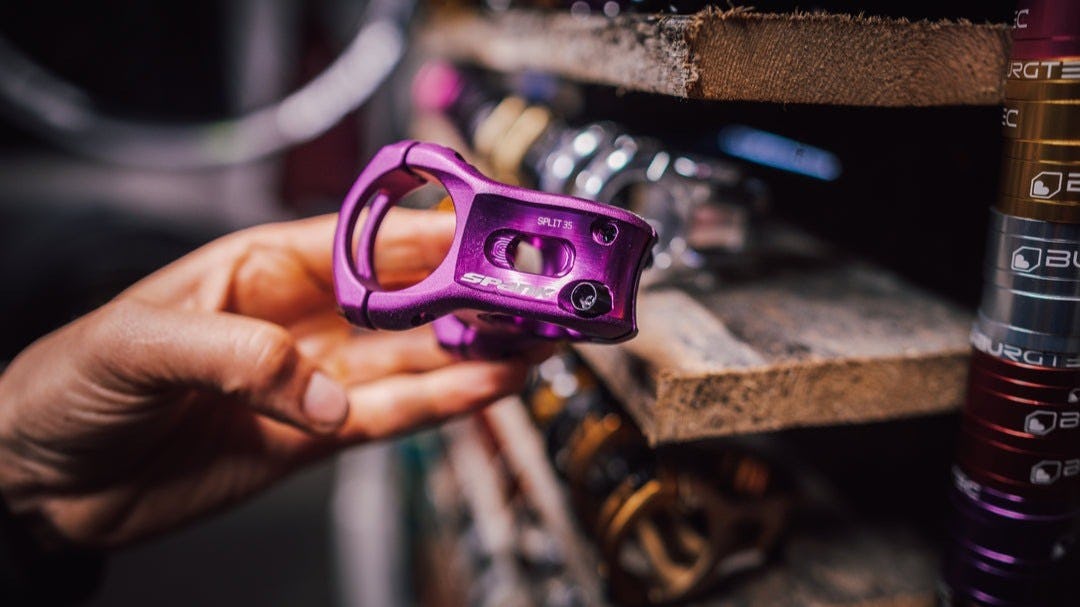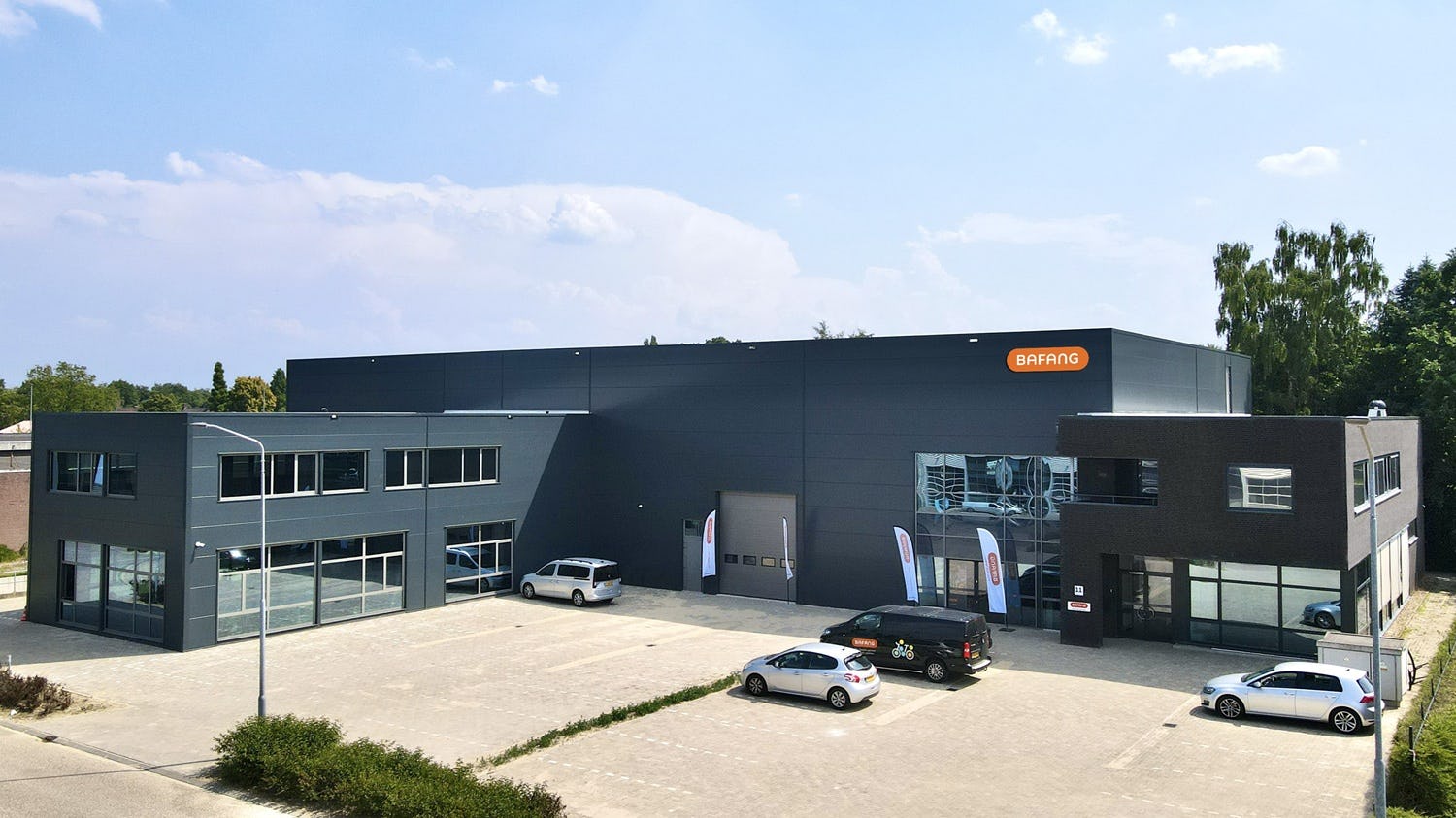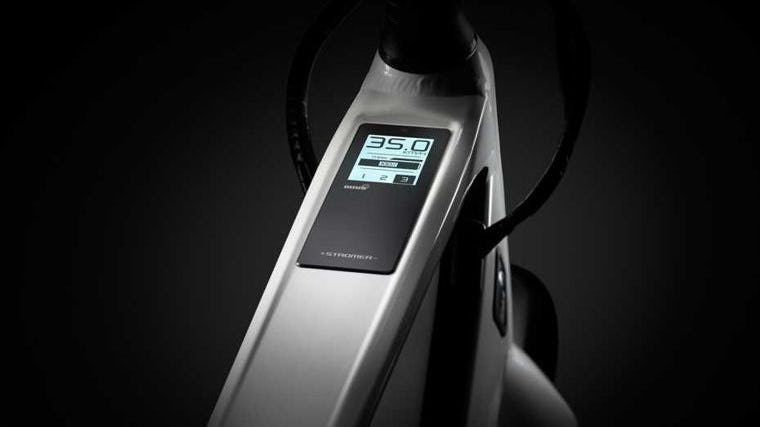“The Polish bicycle industry is backed by a rich history of quality bicycle production. A history that dates back to the 20th century, which has helped us lately to become one of Europe’s most important hubs in the bicycle industry,” notes Mateusz Pytko. He is the President of the Polish Bicycle Industry Association, an organisation that brings together representatives of Polish manufacturers and importers of bicycles and bicycle parts, wholesalers and shops, industry media, and other business-related institutions. “The Polish Bicycle Association contributes to industry growth in Poland and reinforces our position in the European bicycle landscape,” he adds.

One of Europe’s largest bicycle manufacturers
The data from Poland’s bicycle sector are indeed remarkable. Every year, the country produces roughly one million bicycles. “We proudly stand as one of the bicycle manufacturing leaders in Europe. But our excellence doesn’t stop at bikes. We also manufacture a wide range of components and bicycle accessories – a diversity that makes us an interesting location for many bicycle companies,” Pytko explains, referring to the approximately 45 members of the Polish Bicycle Association, which include well-known companies producing bicycles and bicycle parts. “With Poland’s legacy of quality craftsmanship, coupled with factors such as our affordable labour market and pivotal location in Europe, we’ve established a strong foothold in the industry, reflected by the domestic and international success of our bicycle companies,” he states. By saying this, Pytko refers to the many success stories that represent Poland’s transformation into a domestic and international bicycle production hub.
A good example is Ecobike. Their story began in a bicycle store in the 1980s, evolving into an exclusive e-bike brand in 2008. Krzysztof Dobrowolski, export and OEM manager at Ecobike, recollects: “We quickly began collaborating with foreign partners and have continued to grow sales in many countries year after year. Today, Ecobike is powered by a team of 60 people in our factory in Wrocław, located in South-West Poland, where we produce high-quality and well-designed products at attractive prices for middle-income users.” Being a part of the Polish bicycle industry provides a significant advantage for the company: “We work with people who are still hungry for innovation, approaching challenges with a fresh perspective. Poland’s strength lies in its people, who demonstrate remarkable persistence in overcoming difficulties.”
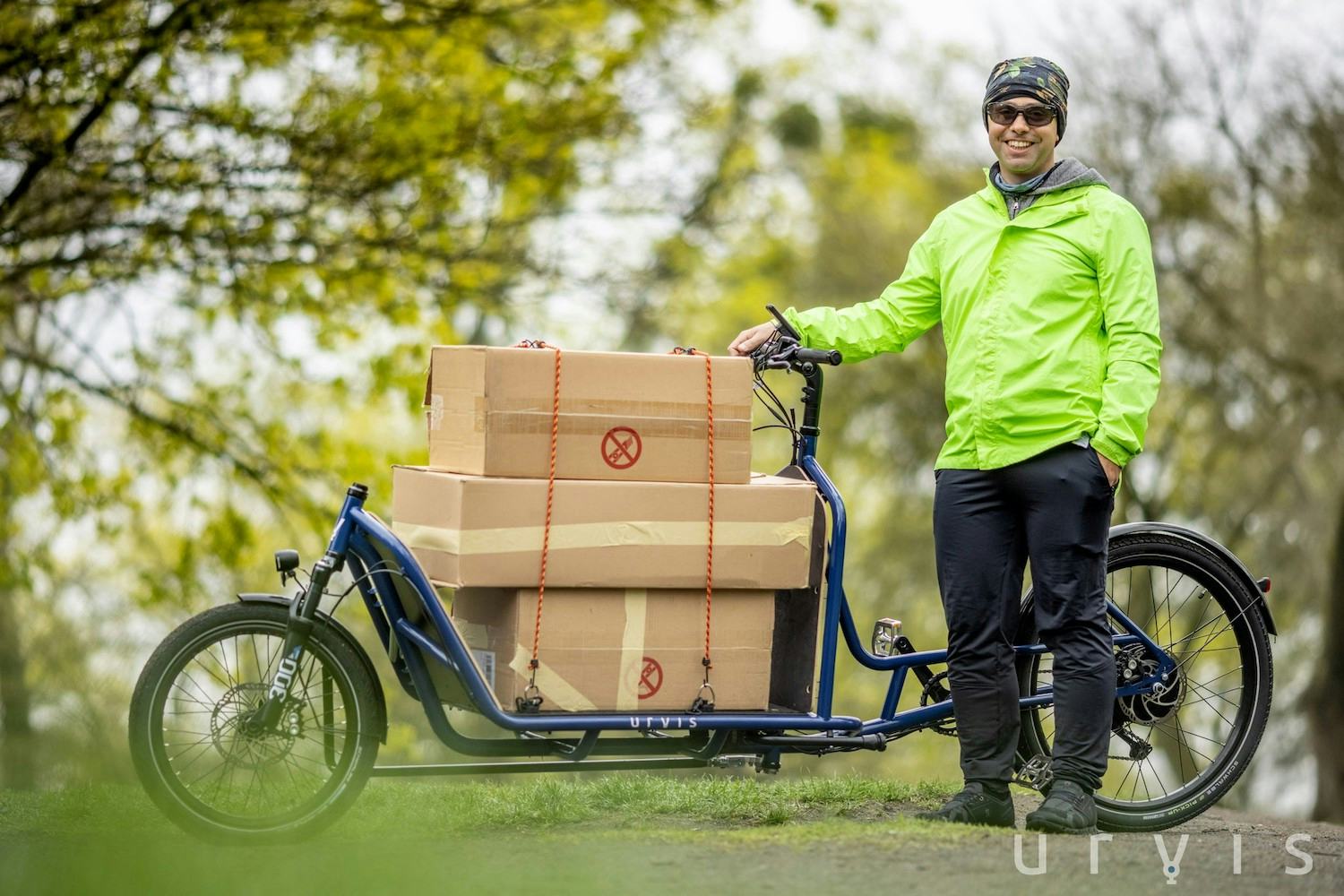
Young startups on the rise
In addition to established, internationally operating producers, Poland also sees a rise in young startups enriching the local bicycle industry. An example of this development is Urvis, a cargo bike producer from Wrocław founded in December 2020. “We are designing, manufacturing and assembling electric cargo bikes. The Polish market is still very niche in this category, but we are ready to increase our output,” says co-founder and CEO Pawel Raja. He underscores the distinctive strengths of the Polish bicycle industry: “Design flexibility, instantaneous adjustments, tailoring bikes to client specifications, and expedient delivery become our hallmarks. Being located in the central part of Europe allows working with both Western countries and new partners from the South and East.”
From flourishing startups to established manufacturers – an in-depth examination of Poland underscores its position as a premier European destination for the bicycle industry. This is all the more true as the country offers a stable, thriving market for businesses in the EU. Interesting: companies that want to relocate to Poland can also lean on assistance from local organisations like the Polish Investment and Trade Agency (PAIH), a governmental entity that promotes the Polish economy, both in the field of foreign expansion and attracting foreign direct investment (FDI) to Poland.
Support for international companies
“We see a huge potential in the bike sector. Since we have been witnessing significant growth in this sector, we strive to be a partner for the development of this branch,” confirms Magda Lekan, Head of the PAIH office in Amsterdam. “An extensive network of contacts developed through practical undertakings has built the agency’s position as an expert institution. Our experts help to initiate projects and gather business entities around them efficiently. That enables efficient implementation of tasks in cooperation with stakeholders from other countries.”
Mateusz Pytko, President of the Polish Bicycle Industry Association, not only sees a lot of potential for Poland as a manufacturing location but also firmly believes in a continued positive future for the Polish bicycle market: “While the end of the 2023 season presents challenges globally with full stock and limited production, Poland’s bicycle industry remains optimistic. We already see a glimmer of optimism, signalled by our member’s initial pre-orders. And we are also very positive about the future of the Polish bike market in the long term: Bicycles are growing in popularity, and there’s still more room for growth.”
This article is sponsored by the Polish Investment and Trade Agency.

